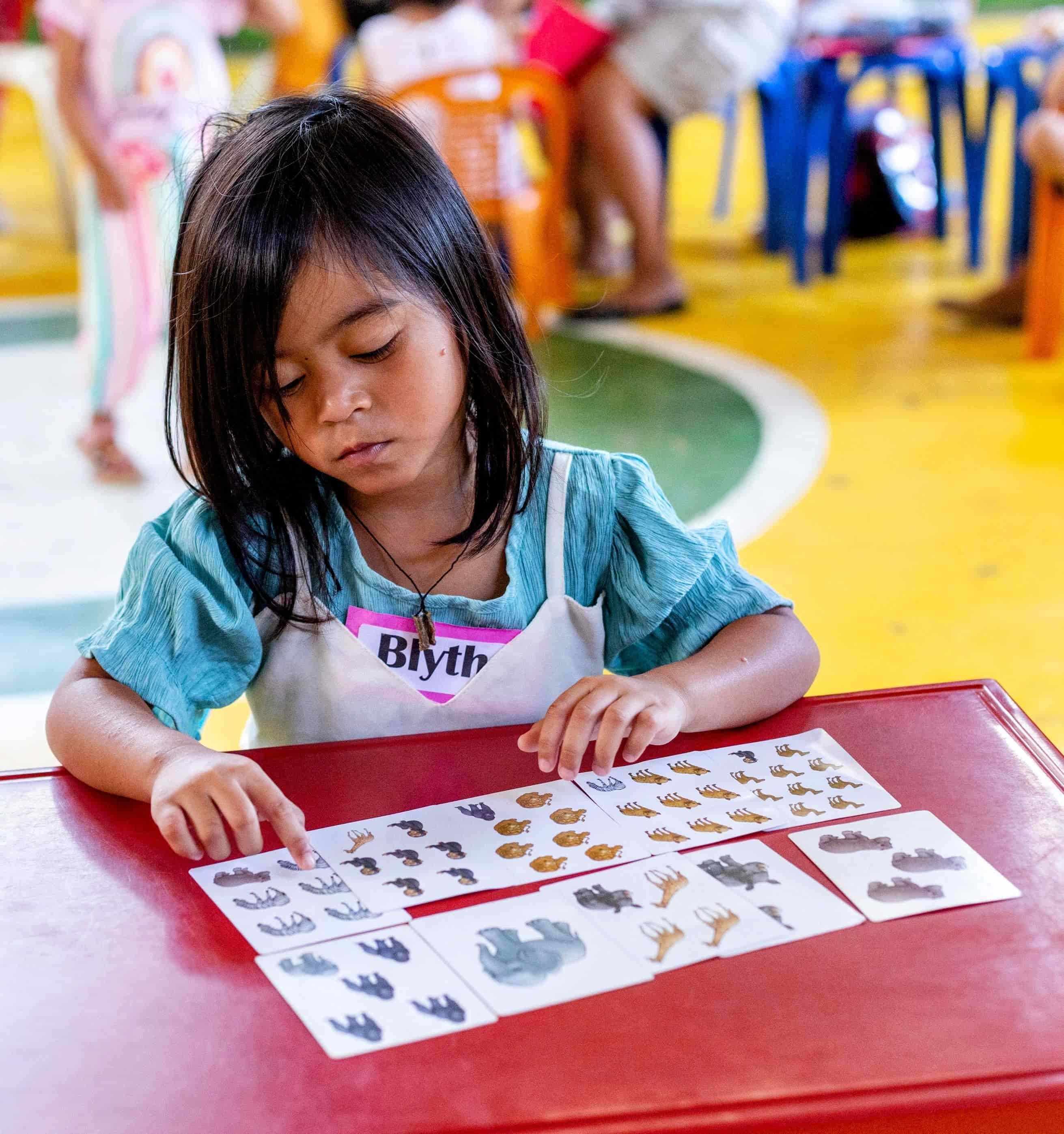Young children can learn to count objects using number words, compare sizes of different groups, use simple objects like paper clips to measure items, manipulate shapes to make new ones, and combine things to solve simple addition problems.
Decades of research have shown that a child’s math knowledge upon entering kindergarten is a strong predictor of their long-term academic success, even across other subjects. Despite this fact, many children still don't have the chance to build this fundamental knowledge before they start school.
Early childhood educators are expected to teach all key subjects, but many often report feeling unprepared or unsure about teaching math. The reason for this lack of confidence is quite clear: A study of colleges that train preschool teachers found that only 21% of them offered specific courses on teaching mathematics.
The need for professional development
This lack of preparation highlights the urgent need for ongoing professional learning for early childhood educators. Beyond general curriculum training, early education teachers need specialized instruction in math development and teaching methods, along with access to proper assessment tools.
This type of training should involve hands-on math experiences to help teachers develop a positive attitude toward, and better skills for, teaching math. It also needs to give them a deeper understanding of how and when children acquire math skills and the best ways to support their learning so that it matches and advances their current abilities.
Given how unprepared they feel, it's not surprising that early childhood educators usually spend very little time focused on young children's math learning. Studies have found that pre-K children engage in math activities for as little as two minutes per day in their early education programs. However, when educators are knowledgeable about early math development, they make sure to teach math more often.
Curricula and family involvement
Surprisingly, even the most detailed curricula used in programs like Head Start and state early childhood initiatives often don't adequately prepare children for kindergarten math standards. In fact, math makes up only 14% of the total activities within these curricula.
Differences in families' math-related home practices are linked to variations in their children's early math knowledge. Most families want to help, but they often don't know the best ways to support their children's math development and are looking for resources. Families tend to increase their math-related activities at home when they get clear, practical, and continuous information about early math learning, including simple ideas for incorporating it into everyday routines.
Parents can help children build math vocabulary and practice skills during mealtimes, bedtime routines, cleaning, travel, playtime (indoors and outdoors), and countless other daily situations.
It is important to note that research proves that boosting both families' efforts to support math learning at home and educators' instruction in the classroom leads to greater improvements in children's math skills than only focusing on training the educators.

Picture: Preschooler playing MATHnimals (Arcanys Early Learning Foundation)



